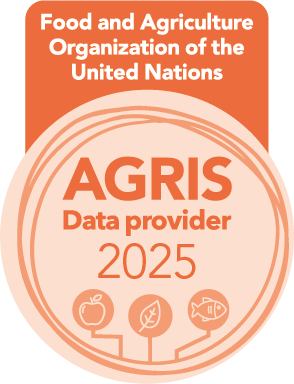The Diet Dynamics in Holy Month of Ramadan
DOI:
https://doi.org/10.54393/df.v6i1.156Abstract
Ramadan, one of Islam's five pillars, is a period of frugality from dawn to sunset that lasts a lunar month (29-30 days). In Ramadan, millions of Muslims deepened their relationship with God by fasting, praying and spiritual devotion. Fasting every day before dawn and after sunset, families break their fast together shortly before sunset. Not only is this sacred practice deeply religious, it also provides health benefits that researchers are studying to see how the rhythms of fasting affect our wellbeing. Therefore, it is very helpful in understanding the routine of fasting and nourishment during Ramadan.
Fasting during the whole day means going without food and water for long hours. If sufficient nutrition is not maintained throughout this time, it might result in weakness, dehydration, and a decline in energy levels. The body’s normal functioning is greatly affected due to absence of frequent meals. Hence it is essential for individuals to have nutritious foods during non-fasting hours. Many people overeat at iftar and intake high fat and sugar rich foods which causes weight gain and fatigue.
It is essential to consume well-balanced diet at Suhoor that will maintain energy levels throughout the day. Mostly, it is advised to have foods high in complex carbs, proteins such as whole grains, eggs, rice that will keep one satisfied for longer and retain muscle strength. Dehydration can be prevented by the intake of plenty of fluids and eating fruits with high water content such as watermelon etc.
Moreover, A balanced iftar is also recommended to avoid health haphazard. Dates and water have been traditionally used at time of iftar which have both religious and scientific benefits. Individuals should take fiber rich and healthy foods. People should avoid using fried items which will cause digestive discomfort and uneasiness later on. People should maintain proper hydration at night since fasting limits fluid intake during the day.
During this Holy month, the biggest challenge encountered by people is their tendency to overeat at iftar. The extended hours of fasting can lead to increase the appetite for oily and sugary foods which causes indigestion and bloating. Mindful diet plan and portion control can help in maintaining general health and avoiding unwanted weight gain.
Besides spiritual benefits, fasting in Ramadan also have vast physical benefits. It helps in digestion, detoxification and improves health management. According to different studies, fasting boosts insulin sensitivity and metabolic flexibility, which lowers the risk of diabetes and cardiovascular disease. Ramadan diet dynamics focus on mindful eating, water, and balanced nourishment.
References
.
Downloads
Published
How to Cite
Issue
Section
License
Copyright (c) 2025 DIET FACTOR (Journal of Nutritional and Food Sciences)

This work is licensed under a Creative Commons Attribution 4.0 International License.
This is an open-access journal and all the published articles / items are distributed under the terms of the Creative Commons Attribution License, which permits unrestricted use, distribution, and reproduction in any medium, provided the original author and source are credited. For comments












